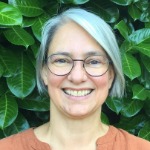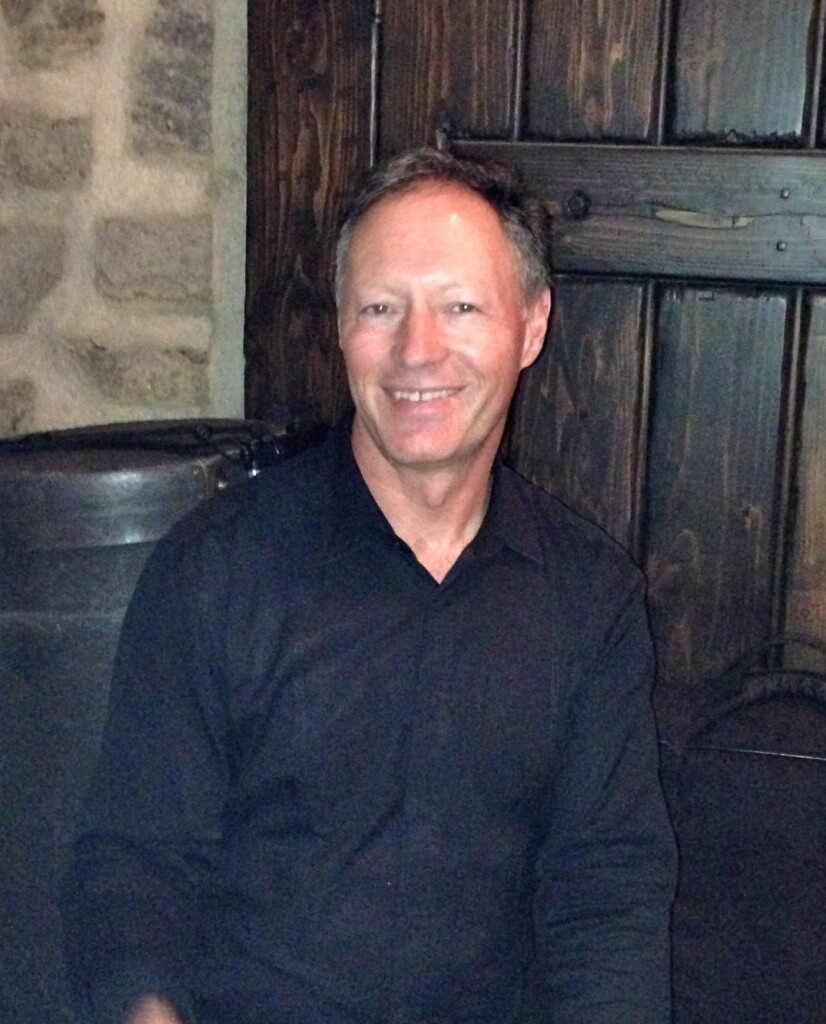Page 6 • (600 results in 0.044 seconds)
-
Violent incidents in society are becoming more frequent and mainstream around the nation and world. Pacific Lutheran University (PLU) believes your safety is the most important responsibility we are
, and other engineering controls to discourage would-be assailants; Organizational/Administrative: developing programs, policies, and work practices aimed at maintaining a safe working environment; Behavioral/Interpersonal: training to anticipate, recognize and respond to conflict and potential violence in the workplace. 5.2 Incident Protocol During a violent incident: Remain calm Comply with the perpetrators demands. Do not resist or provoke. Do not do anything to jeopardize your safety or the
-
Pacific Lutheran University, in compliance with Titles VI and VII of the Civil Rights Act of 1964, Title IX of the Educational Amendments of 1972 (45 CFR 86), and Sections 503 and 504 of the
, national or ethnic origin, color, disability, marital status, age, or religious belief. Inquiries regarding compliance with these statutes and regulations may be directed to the Office of the Vice President for Student Life, (253) 535-7200, PLU’s Title IX Coordinator, Teri Phillips, (253) 535-7187, or to the Assistant Secretary for Civil Rights. U.S. Department of Education, Office for Civil Rights, 400 Maryland Ave SW, Washington, D.C. 20202.Title IXFind out more about PLU's Nondiscrimination Policy
-

PLU alumnus Brian Lander ‘89 grew up in Washington State’s Tri-Cities. But in early 2020, Lander was far from his childhood home, as he helped meet urgent needs in Northwest Syria. Turkish troops, Syrian and Russian armies, and opposition forces negotiated and battled over resources…
insecurity and an escalation of the conflict,” Lander said. “They’ve been there for years, and it’s a grim existence.” “So it was personally fulfilling to see the situation first-hand—and respond to the needs,” Lander said by Skype from Rome, where WFP is headquartered. WFP is the UN’s international hunger relief arm and the world’s largest humanitarian organization addressing hunger and food insecurity. Historically, the organization feeds more than 100 million people in about 80 countries each year
-

Associate Professor of History | Environmental Studies | mergenrm@plu.edu | 253-535-7395 | Rebekah M.K.
the University of Chicago in 2008. Her teaching interests include 19th U.S. history, Westward Expansion, Frontiers and Borderlands, and Environmental History. Her research explores the accommodations and exclusions among the variety of racial and ethnic groups in the lower Missouri River valley during the first half of the 19th century. She has presented her research at a number of conferences including the Organization of American Historians, the Filson Institute, and the Western History
Area of Emphasis/Expertise -

Department Chair of History | Department of History | mergenrm@plu.edu | 253-535-7395 | Rebekah M.K.
the University of Chicago in 2008. Her teaching interests include 19th U.S. history, Westward Expansion, Frontiers and Borderlands, and Environmental History. Her research explores the accommodations and exclusions among the variety of racial and ethnic groups in the lower Missouri River valley during the first half of the 19th century. She has presented her research at a number of conferences including the Organization of American Historians, the Filson Institute, and the Western History
Area of Emphasis/Expertise -

Associate Professor of History | Native American and Indigenous Studies | mergenrm@plu.edu | 253-535-7395 | Rebekah M.K.
the University of Chicago in 2008. Her teaching interests include 19th U.S. history, Westward Expansion, Frontiers and Borderlands, and Environmental History. Her research explores the accommodations and exclusions among the variety of racial and ethnic groups in the lower Missouri River valley during the first half of the 19th century. She has presented her research at a number of conferences including the Organization of American Historians, the Filson Institute, and the Western History
Area of Emphasis/Expertise -
Free at last? Lutheran Perspectives on Racial Justice Sixth Annual Lutheran Studies Conference at PLU – Thursday, September 29, 2016 At this conference, scholars, students, musicians, and college
Thursday, September 29, 2016 Free at last? Lutheran Perspectives on Racial JusticeSixth Annual Lutheran Studies Conference at PLU – Thursday, September 29, 2016 In a political season marked by the demonization of racial, religious, and ethnic minorities, this conference focuses on the quest for a just vision of life shared in community. Indeed, the robust tradition of Lutheran education invites the university, its alumni, and friends to let our commitment to thoughtful inquiry deepen our
Dr. Samuel Torvend, University Chair in Lutheran Studies -

Lecturer - Jazz Drums | School of Music, Theatre & Dance | ivestemd@plu.edu | 253-535-7602 | Mark Ivester is a versatile drummer and percussionist with extensive experience playing a variety of musical genres from rock to jazz to orchestral music.
Coryell, Freddie Hubbard, Diane Schuur, Mose Allison, Charlie Byrd and Eartha Kitt. He currently performs and records with the Jovino Santos Neto Quartet, Greta Matassa and Susan Pascal. Ivester has also performed with the Honolulu, Spokane and Walla Walla symphony orchestras. Ivester is a founding member of the professional percussion ensemble Happy Hammers, a group that performs a broad cross-section of percussion music of various ethnic origins including the steel drums from Trinidad, African
Office HoursMon - Fri: - -

Lecturer - Jazz Drums | Music | ivestemd@plu.edu | 253-535-7602 | Mark Ivester is a versatile drummer and percussionist with extensive experience playing a variety of musical genres from rock to jazz to orchestral music.
Coryell, Freddie Hubbard, Diane Schuur, Mose Allison, Charlie Byrd and Eartha Kitt. He currently performs and records with the Jovino Santos Neto Quartet, Greta Matassa and Susan Pascal. Ivester has also performed with the Honolulu, Spokane and Walla Walla symphony orchestras. Ivester is a founding member of the professional percussion ensemble Happy Hammers, a group that performs a broad cross-section of percussion music of various ethnic origins including the steel drums from Trinidad, African
Office HoursMon - Fri: - -
Cadets participate in hands-on training exercises designed to develop excellence in leadership as well as team building and individual soldier skills.
involved in a variety of ROTC affiliated extra-curricular activities as well as on-campus clubs and organizations. ROTC: Color Guard Ranger Challenge Team Cadet Activities Council (CAC) Social Activities (military ball, dining-in, informal dances, picnics/bbq) On Campus: Jazz Band Varsity, Club, and Intramural Sports Dance Club Theater Academic Major Clubs Community Service The PLU Cadets have a 59% to 41% mix of male to female cadets, with 32% of our cadets coming from minority ethnic and racial
Do you have any feedback for us? If so, feel free to use our Feedback Form.


